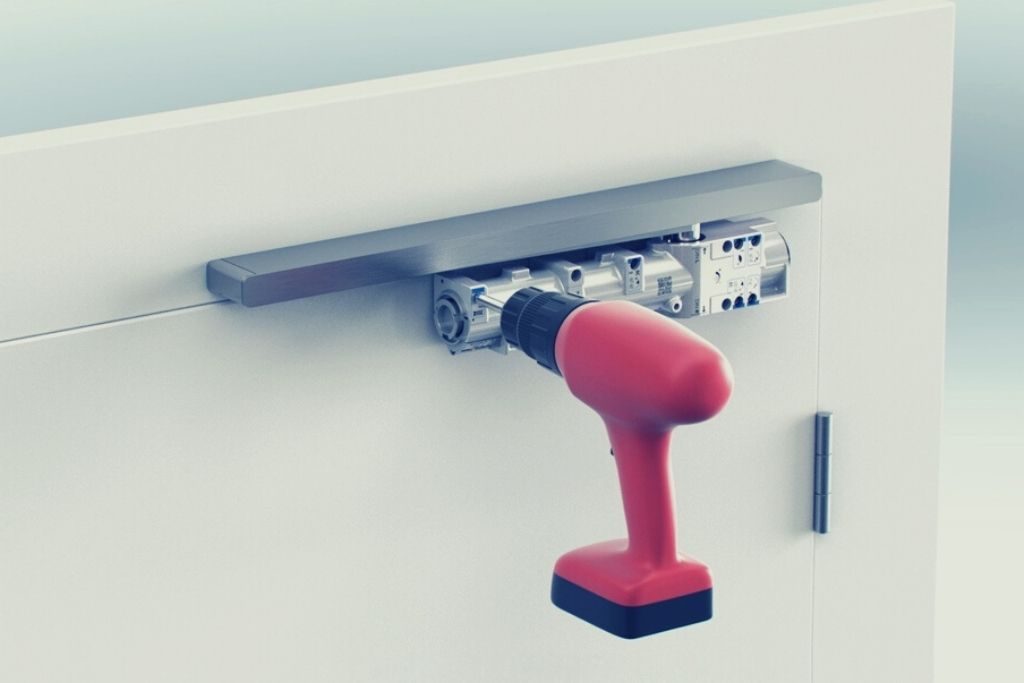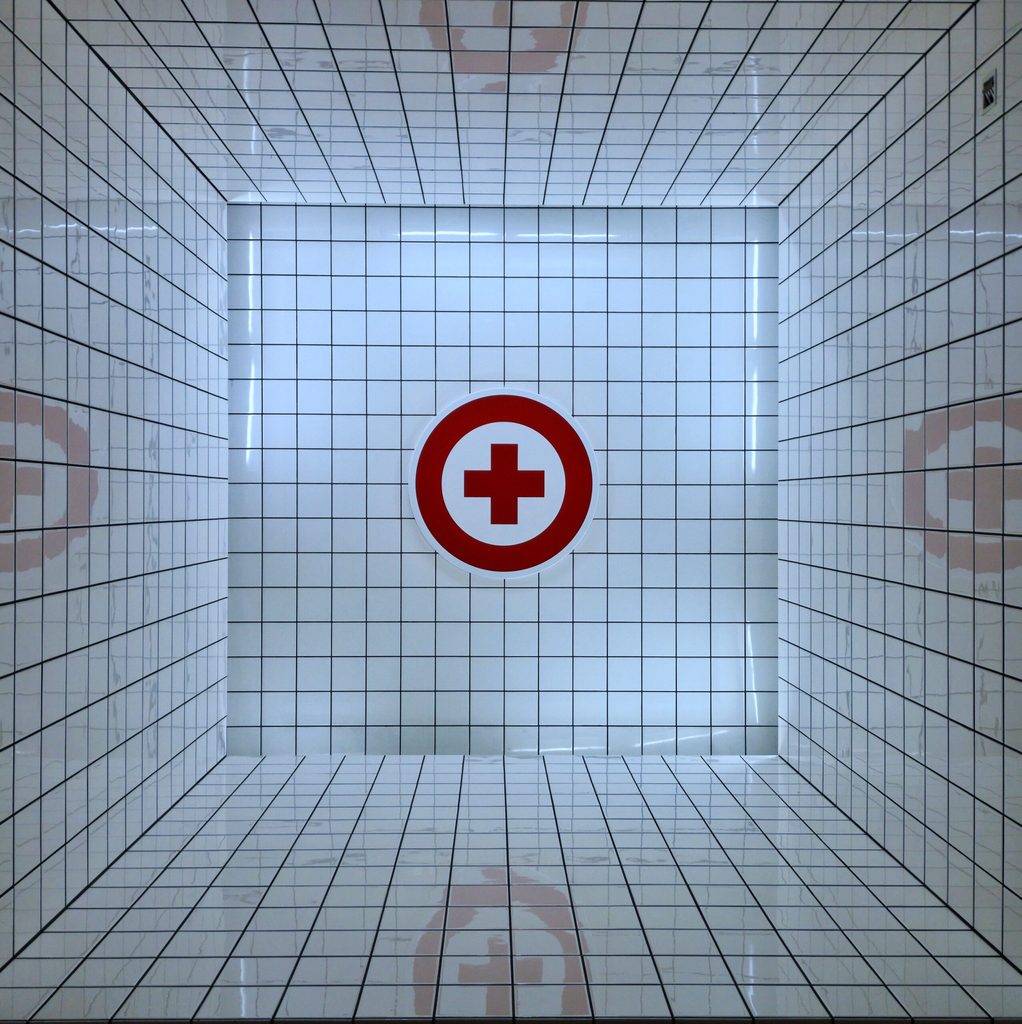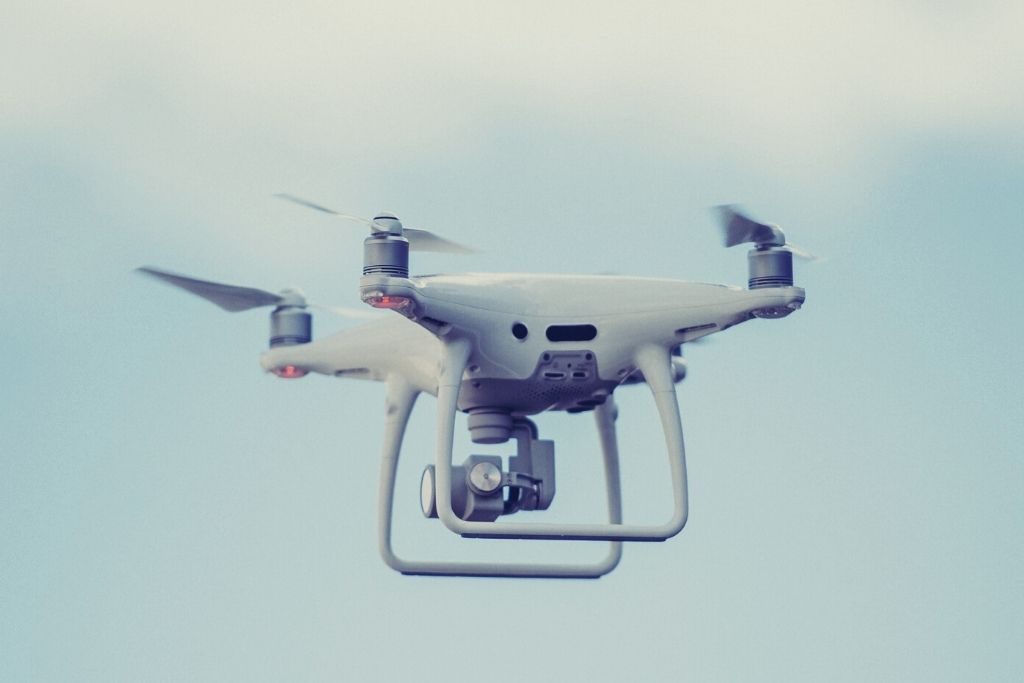Door closers usually don’t get as much attention as the locks or a handle. However, they’re still crucial tools for safety and security. Door closers are inexpensive enhancers of energy efficiency — and they can even stop fires from spreading and save lives.
To ensure their proper functioning and longevity, door closers need regular maintenance, as well as some extra care and adjustment. Here are some things to keep in mind while maintaining door closers with little effort or resistance.
The Well-Being of the Entrance Ecosystem
Door closers are parts of an entrance ecosystem, which includes other components such as the door frame, hinges, locks, or exit devices. Thus, facility managers must ensure that door closers function in harmony within this ecosystem.
In much of the world, the specifications of the door hardware components are well-regulated — and door closers are no exception. All the components in the entrance ecosystem must be compliant with all the regional and national regulations, which are designed to maximize security.
Hence, once the facility managers have entrances in alignment with the quality requirements, they can inspect the well-being of the door closer by asking the following: Is the door swinging freely and properly? Do the hinges need to be replaced? Is the door out of square with the frame?
Taking Preventive Measures on Door Closers

Door closers are often straightforward devices that can be expected to function without problems for decades. However, system operators or facility managers still must take appropriate preventive measures to sustain their security and longevity. This starts from the installation process, which must be done by a qualified technician. Afterward, the most common and basic types of maintenance for door components include lubrication, adjustment, alignment, and weather sealing.
Even the newer and higher-quality door closers, whether they’re in frequent use or not, are recommended to adhere to a planned maintenance routine depending on criteria like location, climate, and the type of closer.
During this routine, it’s important for technicians to consider the purpose of the building. For instance, a retirement home and a gym would have different needs: Retirement home residents might require less resistance while opening the door than their facility managers. Thus, the best practice is to adjust the door closer with these sensitivities in mind and revise the resistance as needed.
Well-Maintained Assets for Safety and Comfort
In case of any irregularities that facility managers cannot address during their routine checks, it’s imperative to get assistance from a professional maintenance team to troubleshoot the issues.
Safety and comfort are top priorities and walking the extra mile for well-maintained assets is poised to enhance them.







